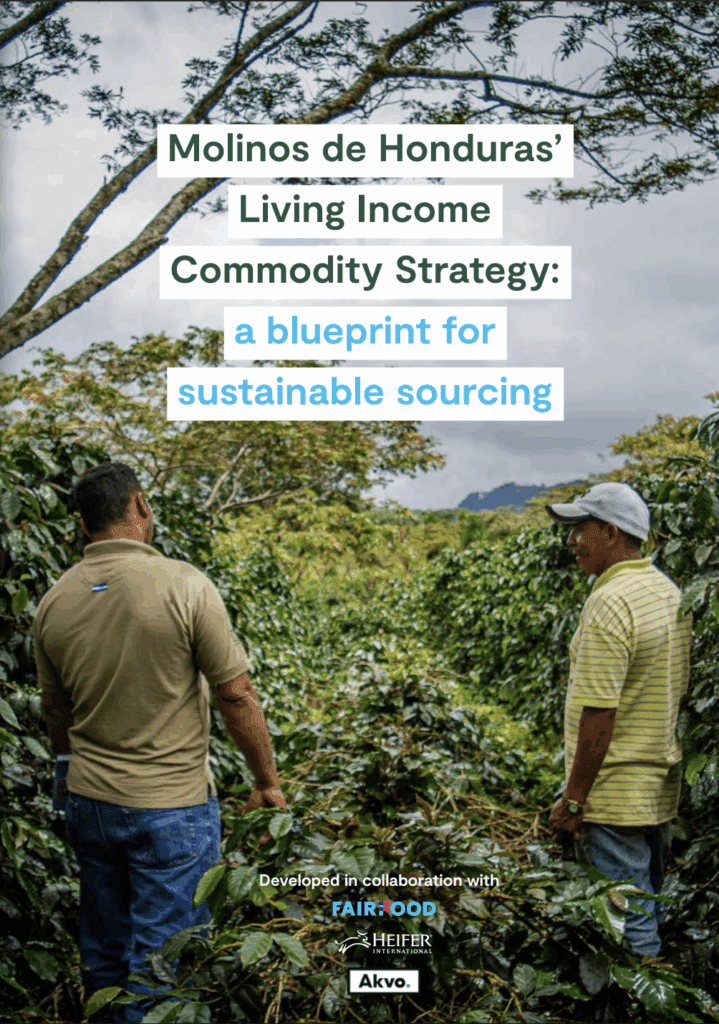Living income prices and cost-yield efficiency analysis: A Honduras Case Study
Fairfood, Akvo, and Heifer International have been working together to develop a methodology that moves beyond traditional benchmarks and proxies to assess and act on living income. This methodology combines contextual data with actionable insights, equipping stakeholders across supply chains to identify living income gaps to measure impact and make informed pricing decisions.
We’re excited to share the first application of this methodology: a case study from Honduras. It illustrates how contextual data can inform a living income strategy that is measurable and directly applicable in practice. The process informed the first Living Wage & Income Lab session in an origin country, co-hosted by Fairfood and Molinos de Honduras. During the event, farmers were involved in validating the findings and introduced to the concepts helping shape the living income debate. It’s possible to read all about it here.
This is just the beginning — a second case study from Sierra Leone will follow, and the methodology is already informing initiatives in Uganda, Ghana, and India. This work is made possible by the RECLAIM Sustainability! programme, in which Fairfood led to innovation experiments to fair value distribution and sustainable livelihoods. By sharing this case study, we aim to provide a starting point for anyone working in the living income space — whether you’re looking to integrate living income into your own programmes, or make it part of your organization’s mission.
For those who want to explore the methodology further, our Farmer Income Data Toolkit is now available. This open-source tool allows organisations to collect and analyse income data, track impact, and start meaningful conversations about fair pricing across supply chains.
This case study and toolkit are intended to be practical resources for anyone striving to make living income a reality for farmers. They demonstrate how data-driven approaches can move the needle beyond metrics, helping supply chain actors take concrete action to improve livelihoods.


